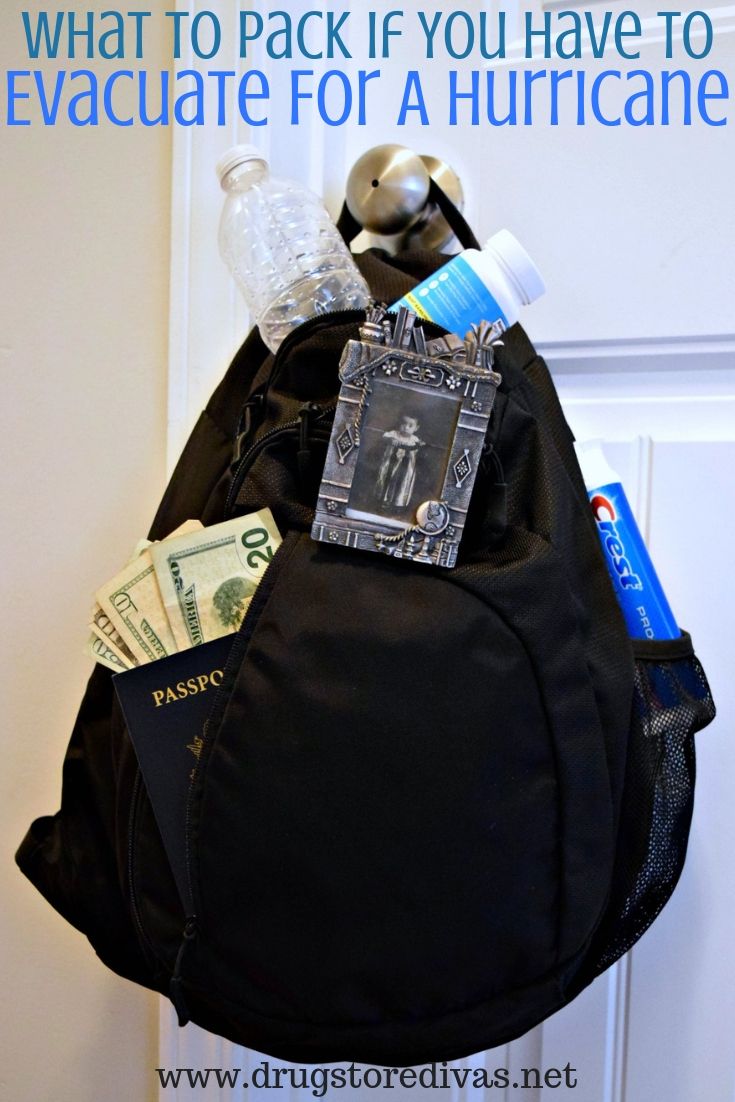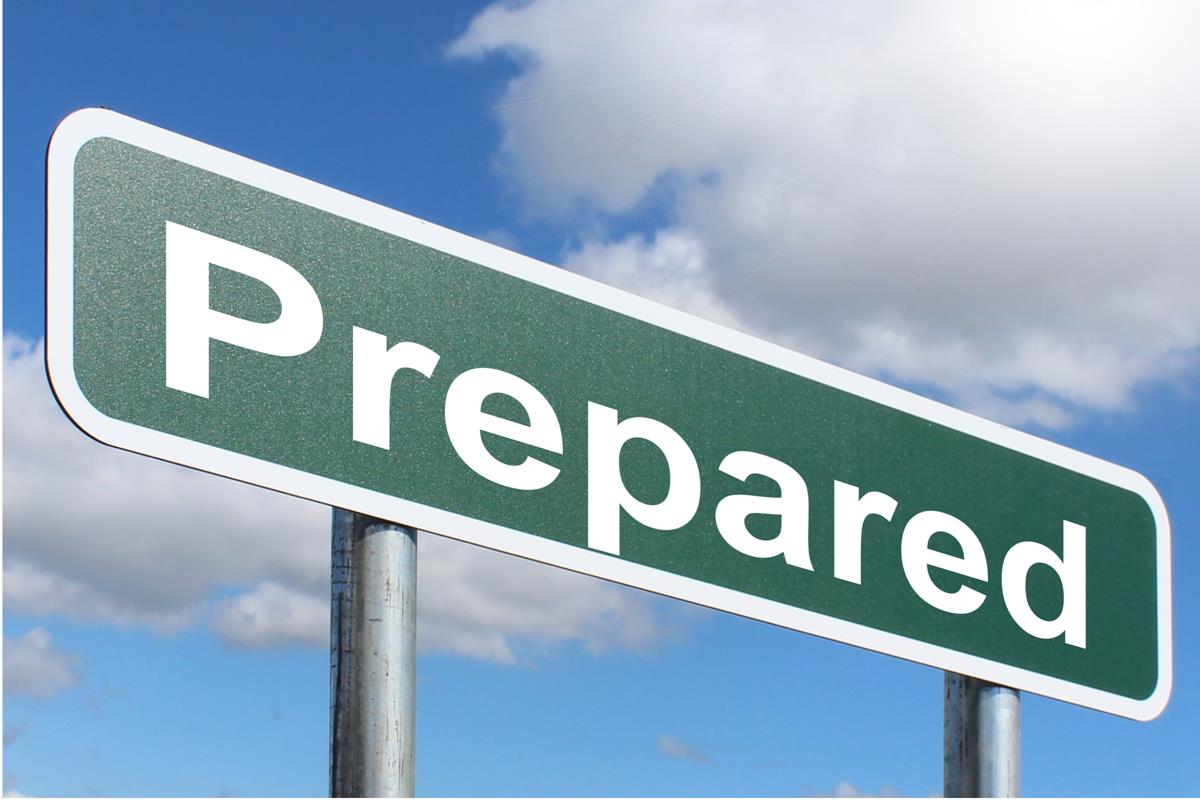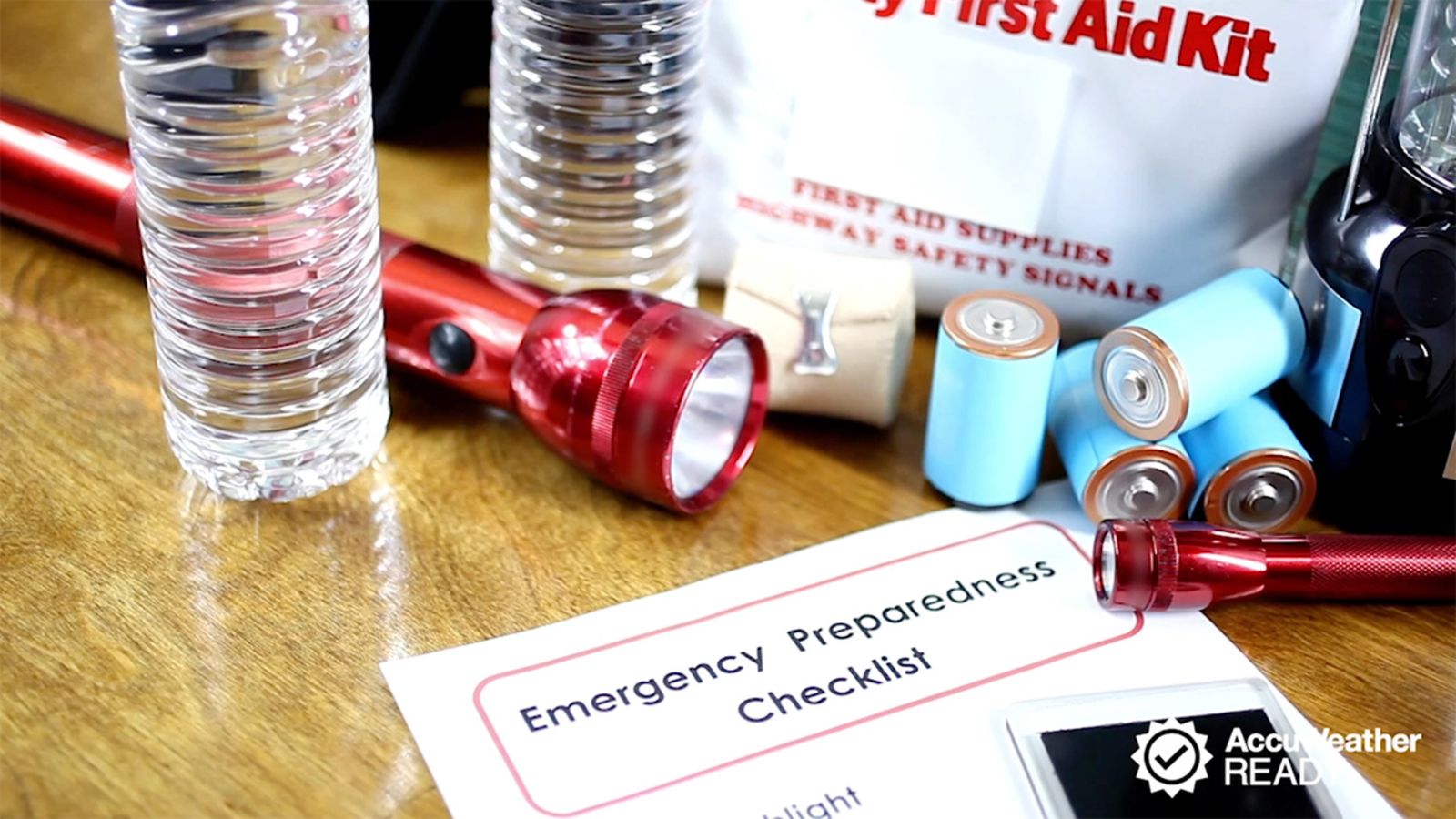Educate Yourself:

Create a Prepping Plan:

- Determine your family’s specific needs and priorities.
- Develop a plan that outlines strategies for emergency situations, including evacuation, communication, and resource management.
- Share your plan with your family members and discuss their roles and responsibilities.
Build Your Prepping Supplies:

- Start with essential supplies like food, water, first aid kits, and shelter materials.
- Gradually expand your supplies to include items like tools, cooking equipment, and personal hygiene products.
- Store your supplies in a secure and accessible location.
Learn Basic Survival Skills:
- Attend workshops or take classes on essential survival skills like first aid, wilderness navigation, and self-defense.
- Practice these skills regularly to improve your proficiency.
- Consider acquiring survival books or manuals for reference.
Develop Situational Awareness:
- Stay informed about weather forecasts, local news, and potential hazards.
- Be alert to changes in your surroundings and be prepared to react to emergencies quickly.
- Trust your instincts and don’t hesitate to take necessary precautions.
Practice Self-Reliance:
Maintain Your Equipment:
- Regularly inspect your supplies and equipment to ensure they are in working condition.
- Replace expired items and update your supplies as needed.
- Keep your prepping gear organized and easily accessible.
Stay Connected:
- Maintain communication devices like mobile phones, radios, and walkie-talkies.
- Consider obtaining a generator or solar power system to provide electricity during emergencies.
- Develop a plan for communicating with friends, family, and authorities in case of an emergency.
Be Prepared to Adapt:
- Understand that emergencies can be unpredictable and fluid.
- Be prepared to adjust your plans and strategies as the situation evolves.
- Stay calm, think critically, and make informed decisions when facing unexpected challenges.
How To Start Being A Prepper











